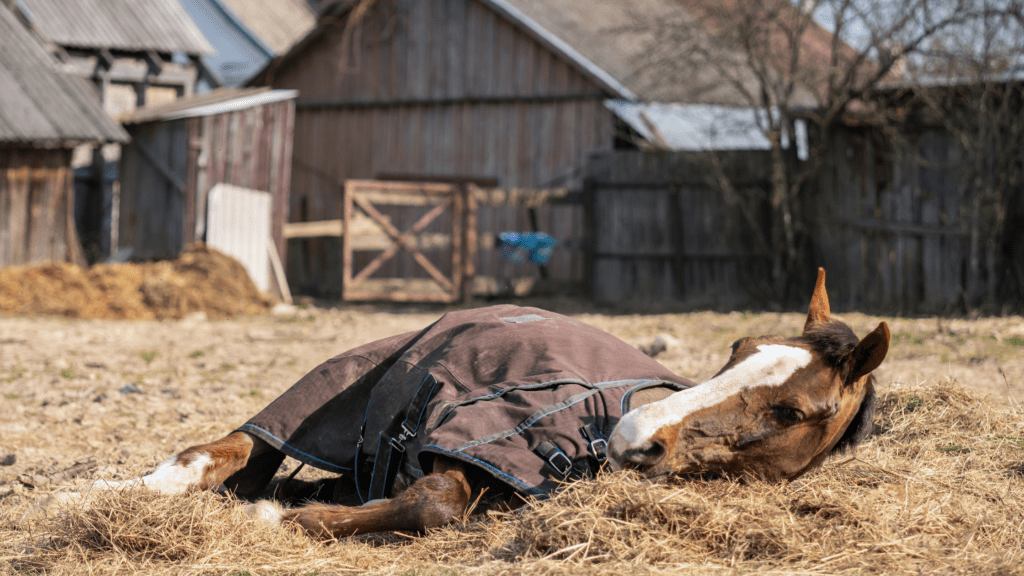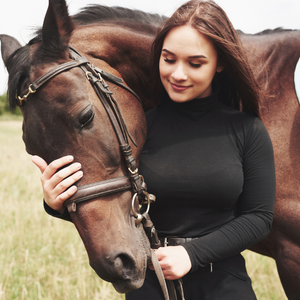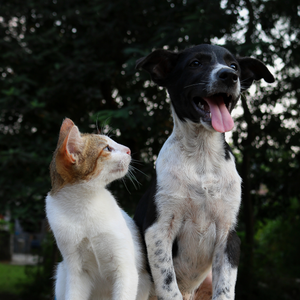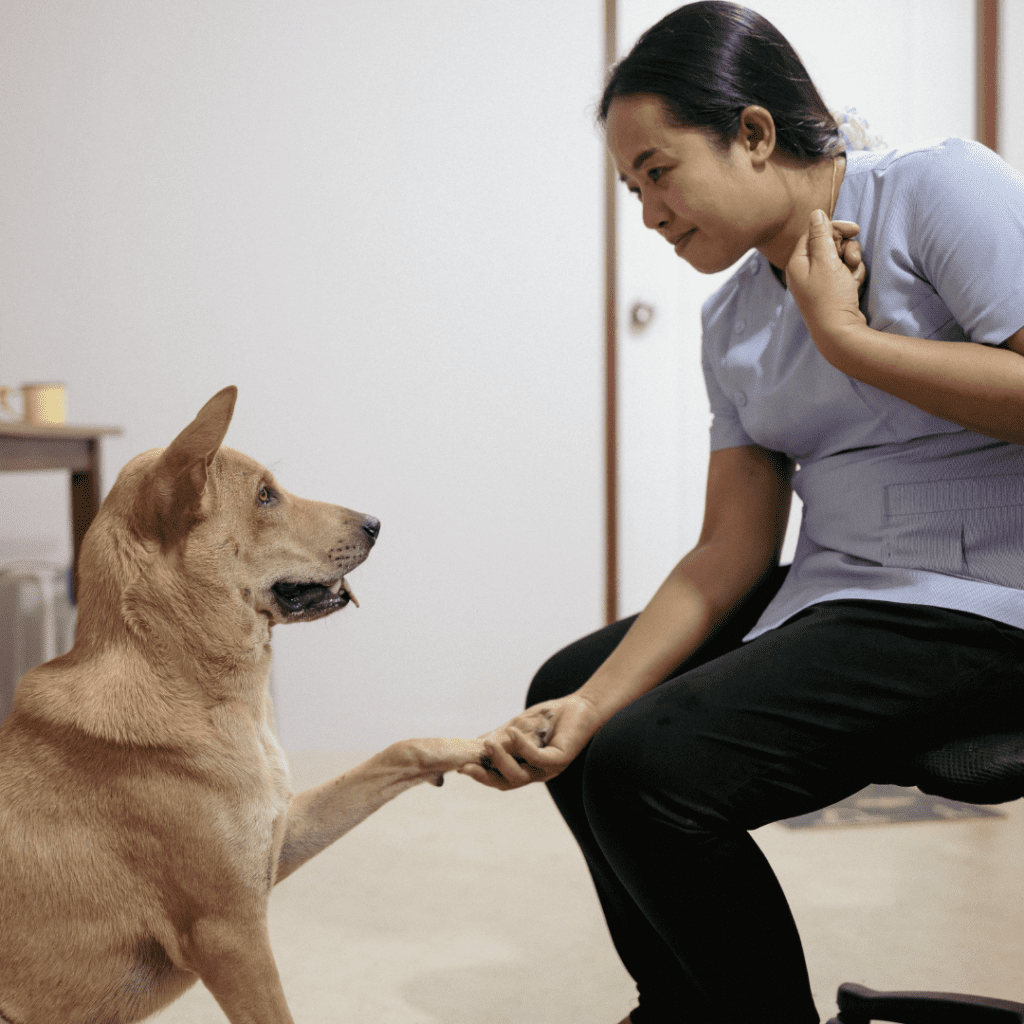Losing a cherished pet is a deeply painful experience that resonates with every pet enthusiast. These animals transcend mere companionship; they become integral members of our families, sharing in the highs and lows of our lives. They occupy a unique space in our hearts, witnessing moments often unseen by even our closest human connections. Unbeknownst to us, their lives become intricately intertwined with ours, shaping our daily routines and influencing our decisions, from feeding and walking to playtime and healthcare. Our lives revolve around their needs, with our exercise regimes and social interactions often structured around their presence, particularly evident with dogs, though even hamsters can provide companionship and playfulness.
The Bonds We Have With Our Pets
With the arrival of a new pet, whether a lively puppy or a weathered rescue horse, we inherently understand that this bond will eventually come to an end. Though this reality may be uncomfortable to contemplate as we embark on the exciting journey of this new friendship, it remains an undeniable truth for every pet-owner relationship. Unlike some cultures that embrace the natural cycle of birth and death as an inevitable and even celebratory part of life, our contemporary American society often shies away from confronting these realities, preferring to avoid the discomfort associated with mortality.
The Inevitability of Pet Loss
In facing the final days with our beloved pets, my advice to fellow animal lovers is to approach this chapter with a sense of peace. While your pet will find release, you will be left with the memories of these closing moments. By preparing yourself in advance, you can ensure that your recollections are not clouded by regret and sorrow. My hope is that in the years to come, you will fondly recall the joyous times shared with your pet—the love, laughter, and playfulness—rather than dwelling on the pain of their final days. Remember, the end is a fleeting moment compared to a lifetime of cherished memories. Do not allow the sadness of death to overshadow the abundance of joy that you and your pet shared.
These are things you can do ahead of time to reduce the stress on the final days:
- Have a conversation with your vet and prepare any supplies and medications you might need as death approaches.
- Have a family meeting to decide ahead of time how much medical intervention you are willing and able to do. Discuss what makes sense for your lifestyle, finances, and your pet’s quality of life. Define the boundaries of care and stick to the plan.
- Death does not read the calendar, and often, the ending comes at night or on weekends. Ask your vet to help you identify the best 24-hour emergency clinic to contact if necessary. Keep the contact information readily available. Set treatment limits based on your plan. No one wants to say their final goodbye to a pet and receive a $10,000 bill from the clinic as they leave. Prepare, plan, and persevere.
- Decide ahead of time how you would like to handle your pets’ remains. There are many options these days. Do your research and make your choice before you need to know so you will not live with any regrets. The vet will ask you when you are deep in grief. You will not feel like making big decisions at that moment; be kind to yourself and have the information ready.
- Decide what type of memento you will want once your pet is gone. A framed photo, a paw print, a horseshoe, a piece of jewelry? Advance planning helps you feel prepared.
- You will likely feel exhausted and deeply sad as the final day approaches. Often, we anticipate the end with a heavy sense of dread. I find that it helps to set an intention to anticipate the end in a new way. Find a way to uplift the energy, and do some “bucket list” items with your pet, like making a final visit to the beach to visit beloved family members. Treat this like you would a best friend headed off on an exciting new adventure; celebrate the end of pain. I chose to celebrate a re-birthday with my pets as if they were about to be reborn into a new and exciting life. They get lots of love, a few of their favorite things, and some special treats. Sometimes, celebration can take the edge off of grief.
- And finally, spend some time in deep inner reflection. Ask yourself, “How can I bring this chapter to a close in a way that I can live with, in the years to come?”. I would like you to be able to say, “I have done everything that I could have done, and I am at peace with my actions”. With this type of reflection and planning, you will be able to focus on remembering the joy of the relationship rather than the sadness of the final days.
Ultimately, the depth of our grief reflects the depth of our love for our pets. By embracing preparation and reflection, we can honor their memory with a sense of peace and gratitude for the love they brought into our lives.




